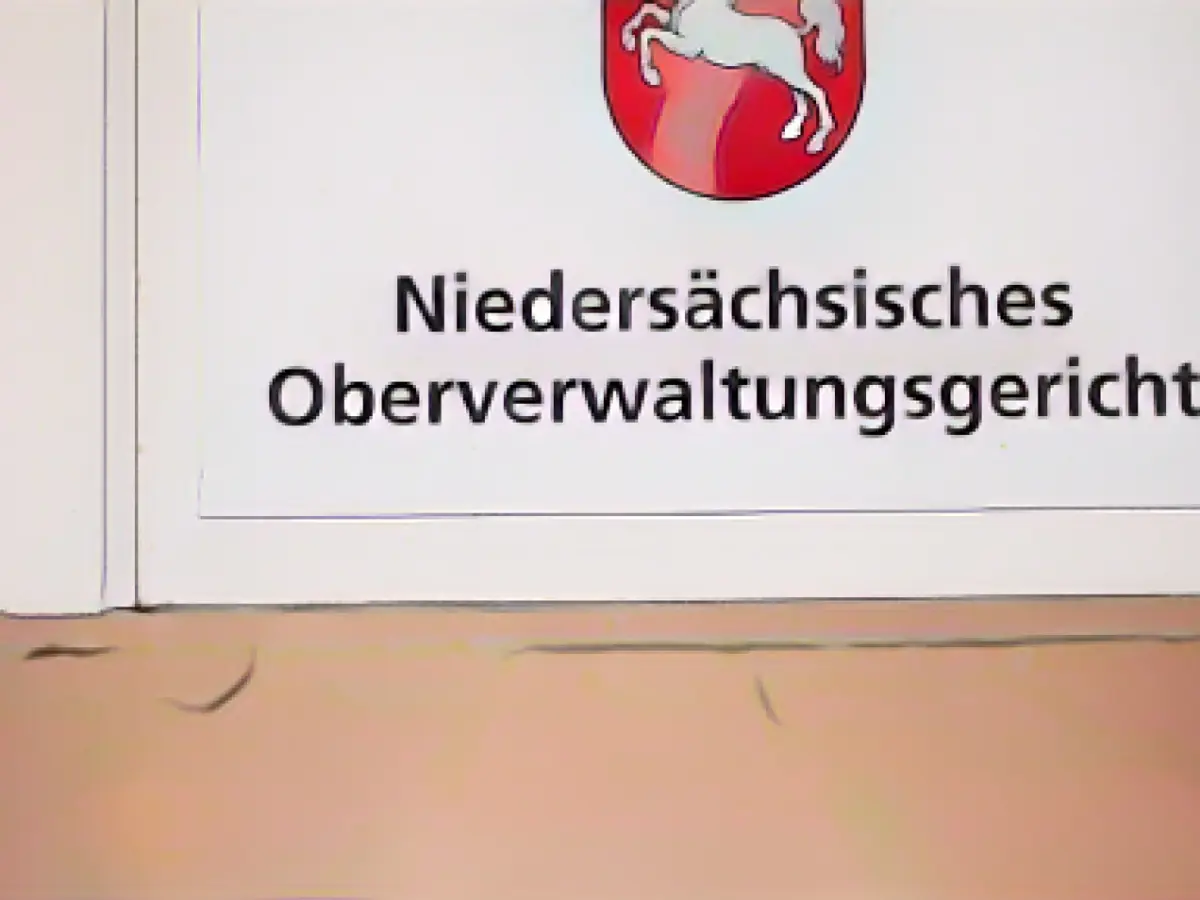Controversial Dairy Cow Transportation to Morocco Permitted, Courts Decide Otherwise
Despite strong opposition from animal rights advocates, the transport of dairy cows from Germany's Emsland district to Morocco for milk production has remained untouched, with German courts maintaining their stance. Last week, the Higher Administrative Court in Lüneburg dismissed an appeal by Emsland against a previous ruling issued by the Osnabrück Administrative Court, allowing the transport of about 105 pregnant young cows to a Moroccan dairy cooperative on December 18 and 19.
The German Ministry of Agriculture had attempted to curb such transports following criticism over potential unstunned slaughter in destination countries, which is prohibited under German animal welfare law. However, the administration's decree did not affect this particular transport of dairy cows to Morocco.
In their ruling, the judges in Lüneburg agreed that Emsland had not presented any concrete evidence showing a future risk of animals being slaughtered without stunning. The transported cattle were not exported for slaughter, but for milk production, with the Moroccan recipient being one of the country's six most prominent dairy companies.
Moreover, the court rejected the argument that the cattle could be slaughtered without stunning after retiring from their dairy cow phase as a reason for a transportation ban. Should such a danger arise, there exists a legal avenue for issuing a statutory order, which has yet to be utilized.
This ruling, while controversial, highlights the ongoing debates surrounding animal welfare and international trade regulations in Germany's agricultural sector. Following the verdict, the Emsland district expressed disappointment but openness to exploring alternative legal measures to protect animal welfare during livestock transportation to Morocco.
Relevant Insights
- Transportation Regulations: Live animal transportation for various purposes is widely regulated to ensure animal welfare, with health certificates, veterinary inspections, and biosecurity measures often being mandatory.
- Health Certificates: For exporting live animals, health certificates are essential and must be endorsed by a USDA Accredited Veterinarian, featuring the APHIS Vet Medical Officer's signature and embossed seal.
- Biosecurity Measures: Biosecurity measures are required for transporting pigs within or from certain regions in Germany to prevent the spread of diseases like African Swine Fever. Similar measures might apply to dairy cow transportation.
- Animal Welfare Concerns: Animal transportation raises concerns regarding duration, handling practices, and access to food and water, with these concerns widely recognized by the animal welfare community.
- Circular Economy and By-Products: Regulation of animal by-products (ABPs) in the EU can impact the handling and transportation of dairy cow waste products, influencing nutrient circularity and recycling.
Sources:
Note: The enrichment data serves to inform while not overwhelming the text.








